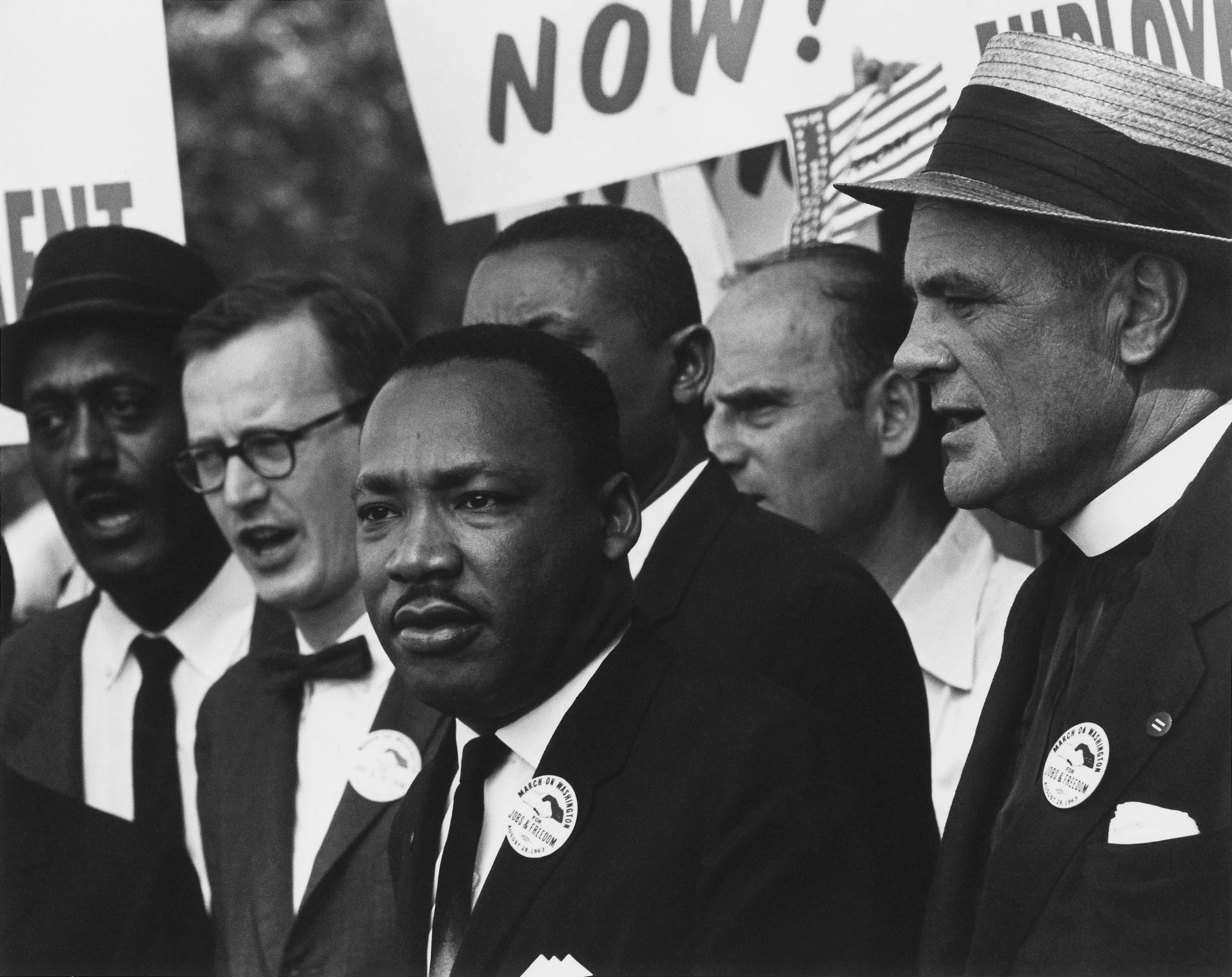Louis Pojman makes a convincing case for the conclusion that if there is any case for the equal dignity of human beings, then God exists:
“The doctrine that all people are of equal worth, and this endowed with inalienable rights, is rooted in our religious heritage…The originators of rights language presupposed a theistic world view, and secular advocates of equal rights are, to cite Tolstoy, like children who see beautiful flowers, grab them, break them at their stems, and try to transplant them without their roots. The egalitarian assertions of the United Nations’ Universal Declaration of Human Rights are similar to those of our Declaration of Independence, with one important difference—God is left out of the former; but that makes all the difference. That posit…is not just an ugly appendage or a pious afterthought but a root necessary for the bloom of rights.” (295).
His argument begins with two contrasting assumptions, the empirical counter-evidence to egalitarianism (CE) and the equality conviction (EC). CE is grounded in the empirical evidence showing that human beings are not equal in any way: We have differing levels of ability, character, sense of humor, strength, good looks. In fact, there is precious little observable evidence that we are equal in any detectable way! On the other hand, EC is highly plausible: “each person is of equal intrinsic value, of ‘dignity’ and thus ought to be treated with equal respect and be given equal rights.”
So, we have no observable evidence to ground EC, but we are pretty sure about it nonetheless. If God exists and creates human beings in his image, then (a) human beings really do have equal (and very high) value entailing certain inalienable rights and (b) we would expect such a belief to be fairly widespread in cultures influenced by the Judeo-Christian worldview. Pojman argues that if God does not exist, then (a) cannot be justified and (b) explains our continued commitment to EC despite CE.
If a Martian visited earth and asked us why we believe EC, what reason would we give? Suppose we could not appeal to any form of divinity or any metaphysical thesis, that we are left with purely secular arguments in favor of EC. Pojman claims that any putative claim is either too weakly supported or begs the question.
Presumption Argument: We ought to presume that everyone should be treated with equally unless there is good reason to do otherwise.
There are two problems with this view. First, there is no way to tell what is meant by ‘good reason’. Good for whom? Someone might suggest the following reason: not everyone is of equal value and grounded it in CE. And how would one respond to him? There is no immediately obvious answer. After all, the empirical evidence is on his side. Second, the presumption is not necessarily true and so one needs a reason to accept it over its contradiction – everyone should be treated unequally unless there is good reason to do otherwise.
Existential Argument: The EC is not rationally justifiable but it is strongly desired. Therefore, we should commit ourselves to it.
One problem with this view is that there are rational reasons for accepting EC! To say that there are no rational justifications for EC is to deny the Christian view without argument. Second, there have been many who oppose EC (Aristotle, Plato et al.). Surely they are not wrong to commit themselves to the alternative if there is no reason not to do so.
The Libertarian Argument: EC is reducible to a negative right, the right not to be interfered with. However, this is not an argument for equality, but for a harm principle – an obligation not to harm another person without good reason.
Gradable vs non-gradable argument: Some qualities come in degrees. If you have it, you can have it to more or less of a degree (skills, looks, character etc.) Some qualities are non-gradable. Either you have it or you do not have it (being human). We can observe the non-gradable quality of being human. Thus, we have empirical evidence for EC.
This argument yields the conclusion that we all have the property of being human but it tells us nothing about why being human grants an equal worth or dignity to those who have it. The Martian might meet Smith who is a lazy drunken good-for-nothing and be bewildered that he is of equal worth to Jones who works hard and is generally a descent human being. The Martian could conclude that that Smith and Jones are equally human but not of equal worth.
Pragmatic Argument: A world in which EC is put into practice (in law) is a more just world with fewer incidences of evil than a world in which EC is either believed to be false or is not put into practice.
First, it is far from clear that it is true that a world in which EC is put into practice would contain less evil than one without it. Is a hierarchical structure based on intrinsic inequality and without any significant incidences of evil impossible? Surely not. Second, pragmatically justified arguments don’t answer the question. They say why one might prefer option A to option B, but don’t say why A is morally justified.
Rational Agency Argument: Each rational agent is committed to the following belief: “If a rational agent is to exercise his rational agency, then he must posses a certain degree of freedom and well-being.” Since it is an undeniable good for a rational agent to exercise his rational agency, he has a prima facie right to a certain degree of freedom and well-being. Given that every human being is a rational agent, every human being has a prima facie right to a certain degree of freedom and well-being.
First, prima facie rights can be overturned by a good reason – such as “not every human being is equally rational” (this is Aristotle’s position). Second, it does not follow from requiring a certain degree of freedom and well-being in order to exercise rational agency that one has a right to those things. It may be good, but just because something is good, we don’t have a right to it.
Pojman concludes that the equal value of human beings can only be derived from the ultimate value of their creator: “God is the ultimate value and…humans derive their value by being created in his image and likeness” (295). If we derive our value from God, then our intrinsic value is not in virtue of a natural property. A natural property is one we can detect through observation. However, our knowledge of the property is not grounded in any observable phenomenon found in human beings but in the truth of the Christian worldview. Since we have good reason to accept the Judeo-Christian worldview, we should also accept that God created all humans with a non-natural value bearing property. By rejecting that worldview, we lose the rational grounds for the equal dignity of human beings.
Louis Pojman “On Equal Worth: A Critique of Contemporary Egalitarianism” in Equality: Selected Readings eds. Louis Pojman and Robert Westmoreland (New York: Oxford University Press, 1997), 282–298.




